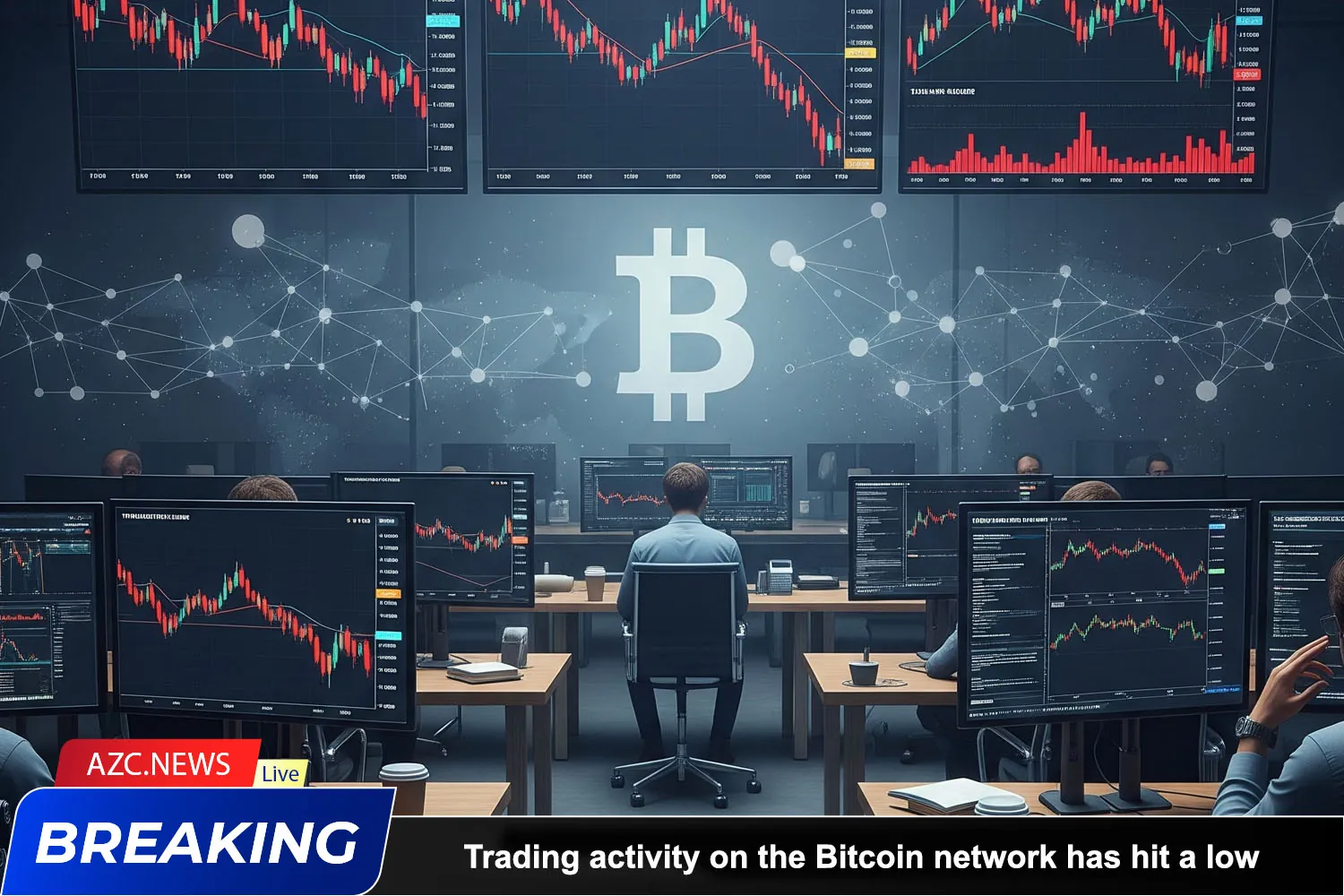Bitcoin network activity has recently experienced a notable drop, with the number of transactions hitting its lowest point since October 2023, even as Bitcoin (BTC) prices remain near all-time highs. Data from YChart shows that the average number of transactions over the past week was only about 317,000 last Friday. Notably, June 1 recorded just 256,000 confirmed transactions in blocks.
Extremely Low Transaction Fees
Amidst the declining network activity, some transactions with incredibly low fees are still being included in blocks. Notably, Mononaut—the founder of Mempool—shared on platform X about a transaction with a fee of just 0.1 sat/vB (satoshis per byte). This transaction, described as a “meticulously crafted artwork, sculpted from the finest hexadecimal characters,” only cost 11 satoshis (approximately $0.01) and had to wait in the mempool for a month. Mononaut noted that this transaction was sent to MARA (formerly Marathon Digital), a mining unit operating Slipstream—a mechanism that supports processing below-standard fee transactions.
Currently, some miners have begun accepting transactions with fees below the standard 1 sat/vB—the default threshold of Bitcoin Core—to maintain network activity during this sparse transaction period.
Bitcoin Core Developers Speak Out
On June 6, 31 Bitcoin Core developers published an open letter opposing the removal of low-fee or non-standard transactions, like Mononaut’s case. They argued that this action contradicts the censorship-resistant nature of Bitcoin—a system designed to ensure freedom of transaction. “This is not intended to encourage the use of non-financial data, but to acknowledge that Bitcoin, as a censorship-resistant network, will be used for purposes not everyone agrees with,” the letter emphasized. The developers warned that forcing users to switch to private channels like Slipstream could undermine decentralization—the core value of Bitcoin.
Related: Truth Social Registers Bitcoin and Ethereum ETF in Nevada
Mixed Reactions from the Community
The open letter faced backlash from some prominent figures in the Bitcoin community. Samson Mow, founder of Jan3, expressed strong views on X:
“Bitcoin Core developers are quietly changing the network to facilitate spam behavior, and now they want to remove barriers for spammers. It’s disingenuous to claim that ‘everything has been this way, so accept it.’”
These contrasting opinions have sparked a lively debate about the future of Bitcoin as the network attempts to balance openness with operational efficiency.
Context and Vision
The decline in Bitcoin network transactions, along with the controversy over transaction fees and censorship resistance, reflects the challenges the ecosystem faces during a period of BTC price volatility near its peak. While miners are trying to adapt by accepting low-fee transactions, the Bitcoin community needs a clear direction to protect its decentralized nature while ensuring network performance and sustainability in the long term.









